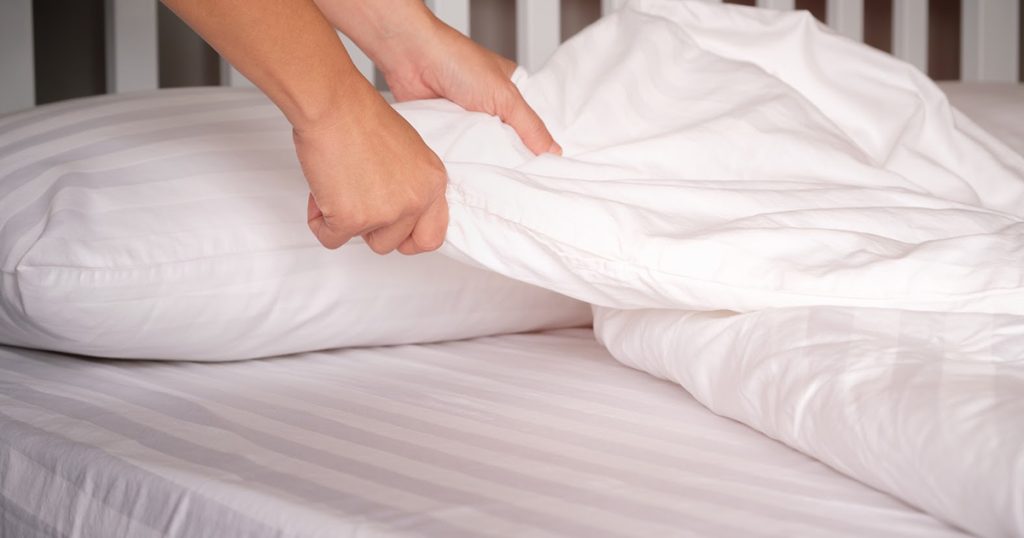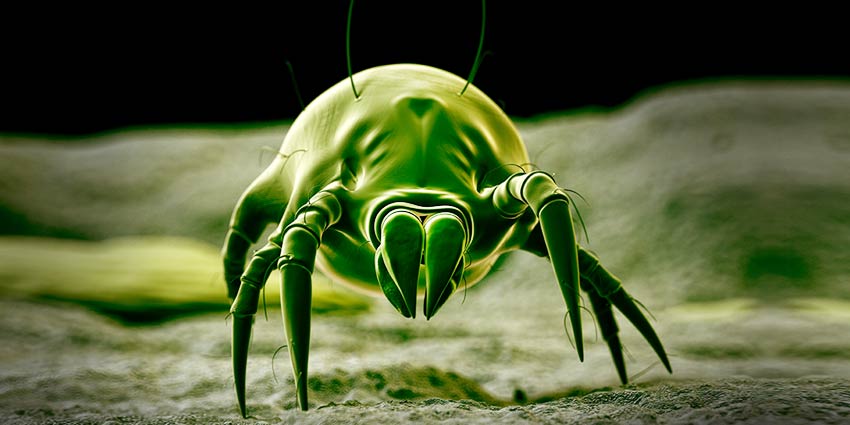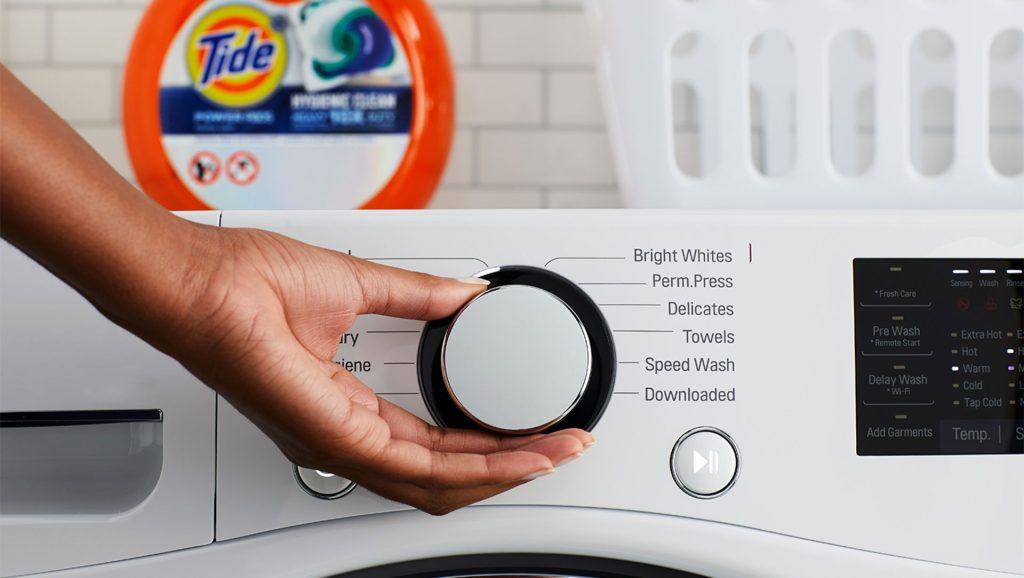Life Style
According To Laundry Experts, You Should Be Washing Your Sheets At Least Once A Week


Doing laundry might not be everyone’s favorite chore, but when it comes to washing clothes and towels, it’s a task most of us can tolerate. However, there’s one laundry duty that often feels particularly tedious – washing our bedding. It involves stripping the bed, managing multiple washer and dryer loads, and the dreaded task of remaking the bed, especially if you have a duvet and duvet cover. Yes, these might seem like first-world problems, but the inconvenience of washing our bedding can have consequences beyond mere annoyance.

Laundry expert Mary Marlowe Leverette points out that our sheets and pillowcases are more than just pieces of fabric. During sleep, we continue to perspire, releasing body oils and soil. It might sound unpleasant, but it’s possible to find saliva, urine, genital fluids, and even fecal matter in the fibers if these linens are not washed regularly. Worse, if occupants have scratches or wounds, these can become infected. Athlete’s foot and other fungi can also transfer from fabrics. Neglecting to clean sheets and pillowcases can allow these fluids to seep into pillows and mattresses, which are much harder to clean than tossing sheets in the washer.

If you thought that was bad, here’s something even more unsettling. We all shed flakes of skin as we go about our daily lives, even as we sleep. These dead skin cells attract dust mites, which not only find their way into your sheets but also leave their excrement behind. It’s a rather disgusting thought, but it gets worse – dust mite excrement can lead to health issues, especially for those with allergies and asthma.

According to Leverette, “The excrement of the mites can cause breathing problems for those with allergies and asthma, but can easily be removed by washing in hot water. By not washing linens frequently, the oils and fluids build up and embed in the fibers, making them much more difficult to remove. If you have ever pulled some sheets from the linen closet, and they smell slightly rancid and stale, that is body soil left in the fibers because the sheets were not cleaned thoroughly.”

So, what’s the solution to these unsettling problems? Leverette recommends washing your bedding once a week using the hottest water setting on your machine. If someone sweats heavily at night or is ill, it’s even more crucial to wash the bedding more frequently. After delving into these unsettling details, you might find yourself inclined to commit to a weekly bedding cleaning routine for the sake of your health and overall cleanliness.
images source : Reviewed | getty – LC Living – Tomorrow Sleep | istockphoto – Learning Center – Allergy & Air | shutterstock – Tide